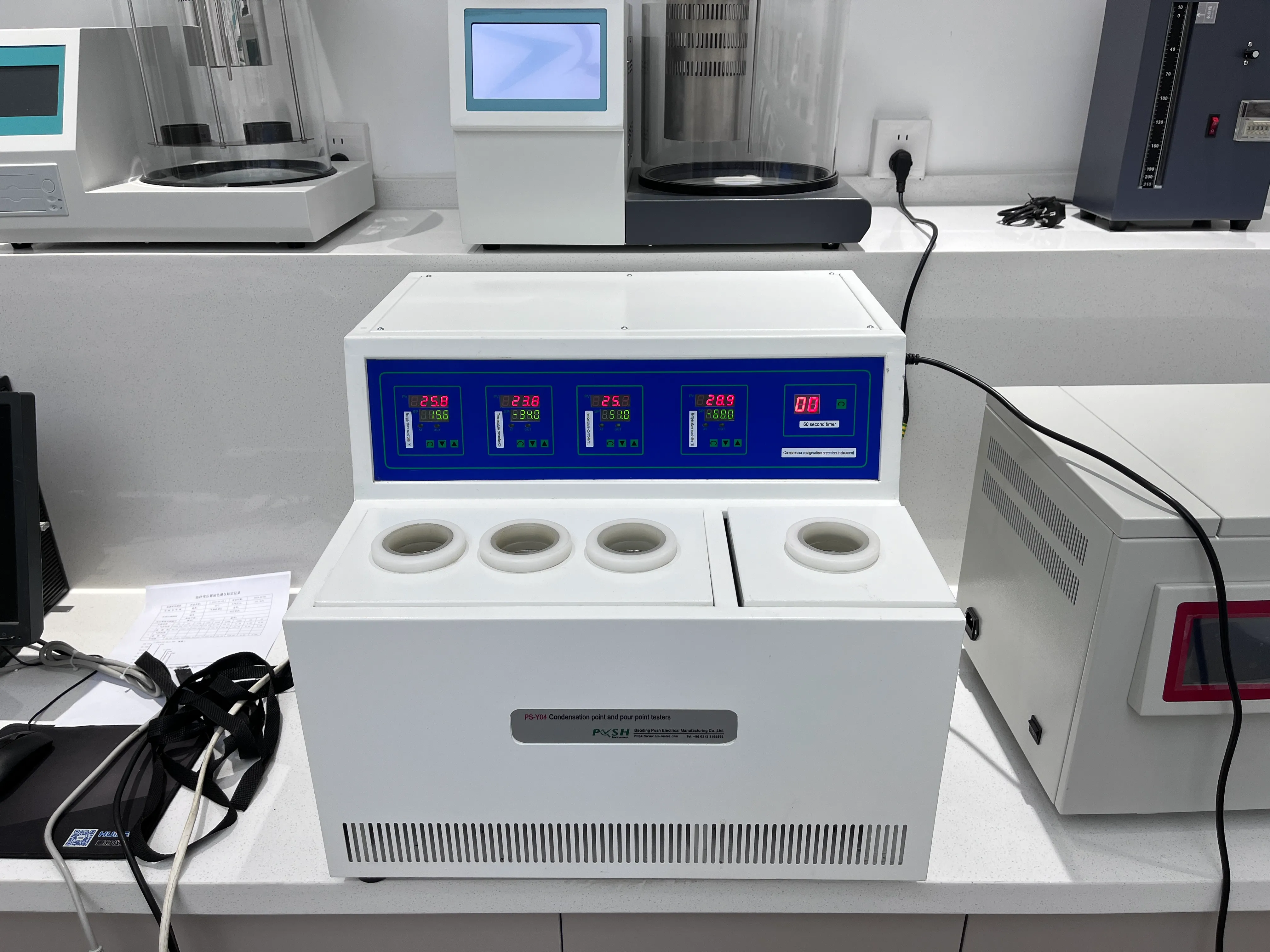 English
English


karl fischer analysis
Understanding Karl Fischer Analysis A Key Technique for Moisture Determination
Karl Fischer (KF) analysis is a well-established analytical technique primarily used to determine the moisture content in various substances, including pharmaceuticals, chemicals, and food products. Developed in the late 1930s by the German chemist Karl Fischer, this method has become indispensable in quality control and research across multiple industries.
At its core, Karl Fischer analysis relies on a chemical reaction between water and iodine in the presence of a base, typically an alcohol
. The reaction proceeds as follows1. Addition of Water Water in the sample reacts with iodine and a base to produce a complex. This reaction is highly selective for water, making KF analysis incredibly accurate. 2. Titration Process In a titration setup, the sample is dissolved in a suitable solvent, and the KF reagent is gradually added. The endpoint of the titration is determined using either a potentiometric or colorimetric method, where the amount of reagent used correlates directly to the moisture content in the sample.
There are two primary methods for performing Karl Fischer analysis volumetric and coulometric.
1. Volumetric KF This method involves a known concentration of the KF reagent, allowing for large sample quantities, ideal for higher moisture content analyses. The process requires careful preparation and calibration to ensure accuracy and precision.
karl fischer analysis

2. Coulometric KF In this technique, the KF reagent is generated in situ through an electrolytic reaction. It is particularly useful for samples with low moisture content (typically below 1%). The coulometric method offers high sensitivity and is commonly employed for trace moisture determination.
One of the significant advantages of Karl Fischer analysis is its versatility. It can be applied to a wide range of matrices, including solids, liquids, and gases. This adaptability makes it a go-to method for industries such as pharmaceuticals, where moisture content can significantly affect drug stability and shelf life, and food and beverage sectors, which must ensure product quality and safety.
The precision and reliability of KF analysis have led to its inclusion in numerous regulatory guidelines, such as the United States Pharmacopeia (USP) and the European Pharmacopeia (EP). These standards outline the required methodologies and calibration procedures, ensuring that labs produce consistent and trustworthy results.
However, while the Karl Fischer method is highly effective, it is not without its challenges. Sample preparation can be labor-intensive, and the presence of interfering substances may affect the accuracy of moisture readings. Therefore, it’s crucial for analysts to understand the matrix they are analyzing and to apply appropriate techniques to minimize potential errors.
In conclusion, Karl Fischer analysis remains a cornerstone methodology for moisture determination. Its strong analytical performance, along with its adaptability to different sample types, makes it essential in various industrial applications. As technology advances, continued innovations in KF analysis will likely enhance its efficiency and broaden its applications, solidifying its importance in analytical chemistry.
-
Differences between open cup flash point tester and closed cup flash point testerNewsOct.31,2024
-
The Reliable Load Tap ChangerNewsOct.23,2024
-
The Essential Guide to Hipot TestersNewsOct.23,2024
-
The Digital Insulation TesterNewsOct.23,2024
-
The Best Earth Loop Impedance Tester for SaleNewsOct.23,2024
-
Tan Delta Tester--The Essential Tool for Electrical Insulation TestingNewsOct.23,2024





